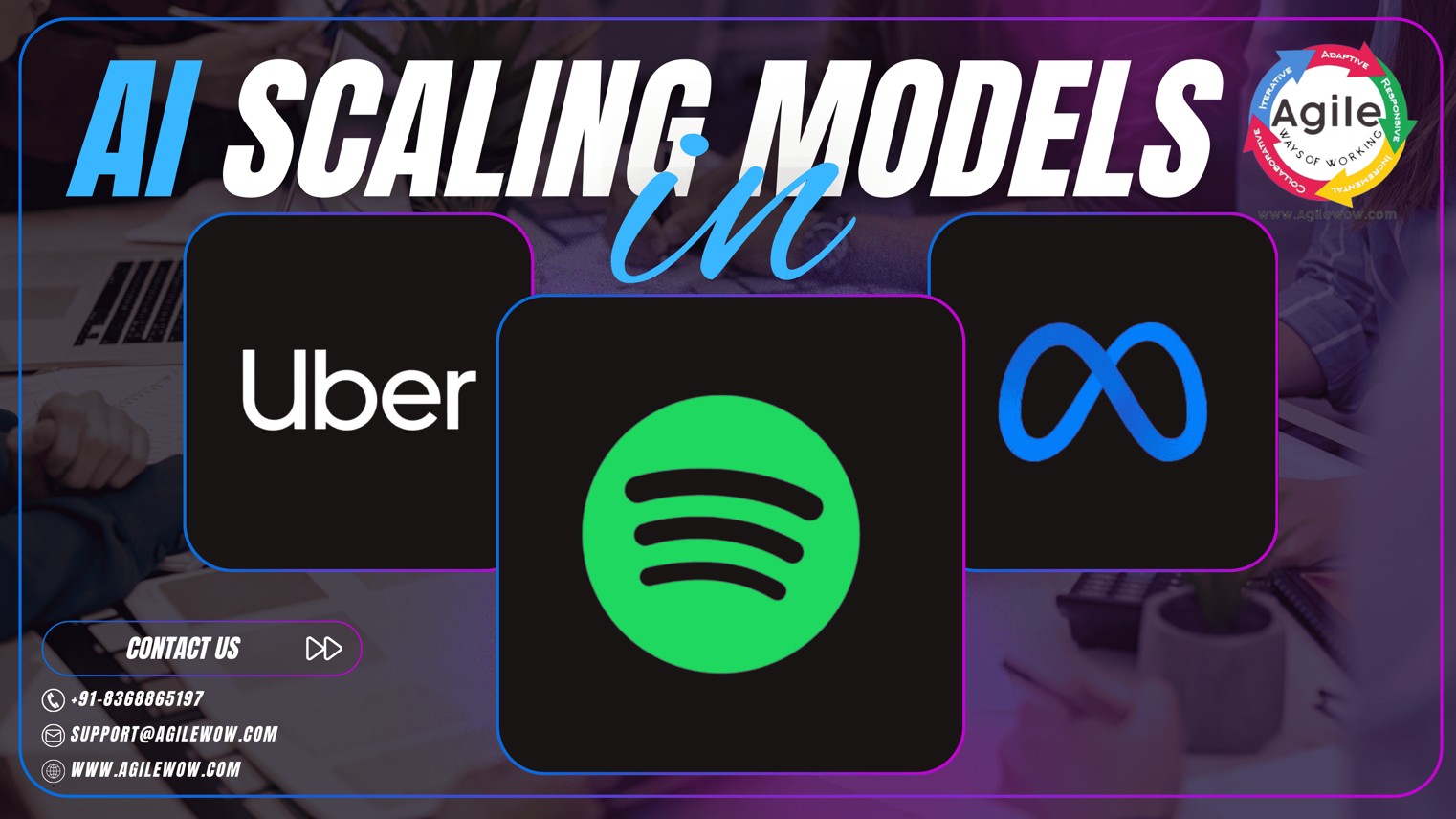Scrum
2w
86

Image Credit: Scrum
AI Team Scaling Models in Organizations
- The article explores real-world examples of different scaling models for AI teams in organizations across various industries and sizes.
- JPMorgan Chase has a Centralized Machine Learning Center of Excellence (CoE) to collaborate with business units and deploy AI solutions across the enterprise.
- Walmart established a Centralized AI CoE with strong executive support to drive AI adoption and alignment with strategic objectives.
- Siemens employs a Central AI Lab/CoE to drive industrial AI transformation by working with various business units and providing training programs.
- Booking.com uses Embedded Data Science Teams to focus on specific product areas and collaborate closely with product teams.
- Smaller tech firms and startups often utilize a Decentralized model by embedding data scientists into different teams to accelerate AI feature development.
- Airbnb transitioned to a Hybrid model with a mix of centralized and embedded data science teams aligned with product and functional areas.
- Meta (Facebook) follows a Federated (Hybrid) Model, where individual product teams own their data/AI projects while central teams provide common infrastructure and tools.
- Uber developed an AI-as-a-Platform approach with a centralized ML platform team offering ML-as-a-service to enable all product teams to deploy ML models at scale.
- Spotify employs a hybrid ML Platform Guild model where a central ML platform team provides services, and product squads use these services to integrate AI features quickly.
Read Full Article
5 Likes
For uninterrupted reading, download the app